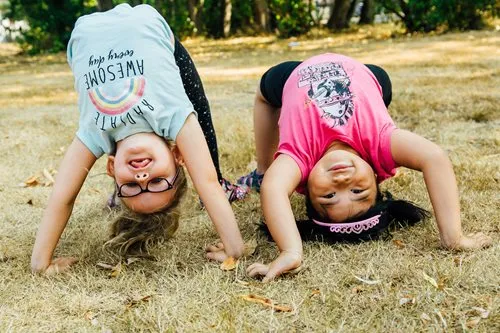
Ah, April. There you are.
We find ourselves these days at a bit of a confusing precipice as we enter your month this year. The weather is getting warmer and the occasional promise of a sunny day has all of us shedding our layers to feel that sunshine. Yet, it’s seemingly still wet as ever, with weather patterns that change at times faster than we can blink.
Beyond that, the world is looking up as the successful COVID mandates are starting to lift, giving us all the more reasons to celebrate and find normalcy again. Yet, grimness endures as our eyes and hearts are pulled towards Ukraine and Russia – its conflict causing us to hug the children in our lives all the closer.
It’s confusing to figure out which direction we should be pulled among these highs and lows – and we’re the adults! Can you imagine how it is for the children in our lives?
This article by FamilyEducation could be a good starting point in figuring that out: “How to Talk with Kids about War.” Such conversations are difficult to have – we hear you – but they are a starting place in these times. Children have the right to know (in age-appropriate ways) about what is going on in this world around them.
To understand the ramifications behind such war, however, children need to also understand the alternative to war – peace. Did you know that Maria Montessori, the founder of the Montessori Method, developed something known as Peace Curriculum? As a child care provider or parent, you can draw upon her initiatives and help children embrace the foundations of peace. Be it peace in our world, in our community or ourselves, Peace Curriculum has the potential to help children understand that they, too, can be a part of helping create peace. That is a small but powerfully meaningful step.
If all else fails, and when it comes to the realities of our world that I’m not sure how to talk about, we always know that we can fall back on books. Books always have the answer. One Time Through’s “Most Powerful Books about War for Kids” is an excellent resource, sorted by age groupings and full of questions one can use in their work with young children.
Such resources would be fantastic to have on hand for those moments in our caring for kids that come up and stump us. Carrots are Orange’s “11 Simple Ways to Teach Kids Peace Starting TODAY” is also a fantastic resource of things to consider trying in your early-learning program. As a bonus, they draw upon Maria Montessori’s Peace Curriculum, too.
We end this with peace for the days, weeks and months ahead. This is our wish to you.